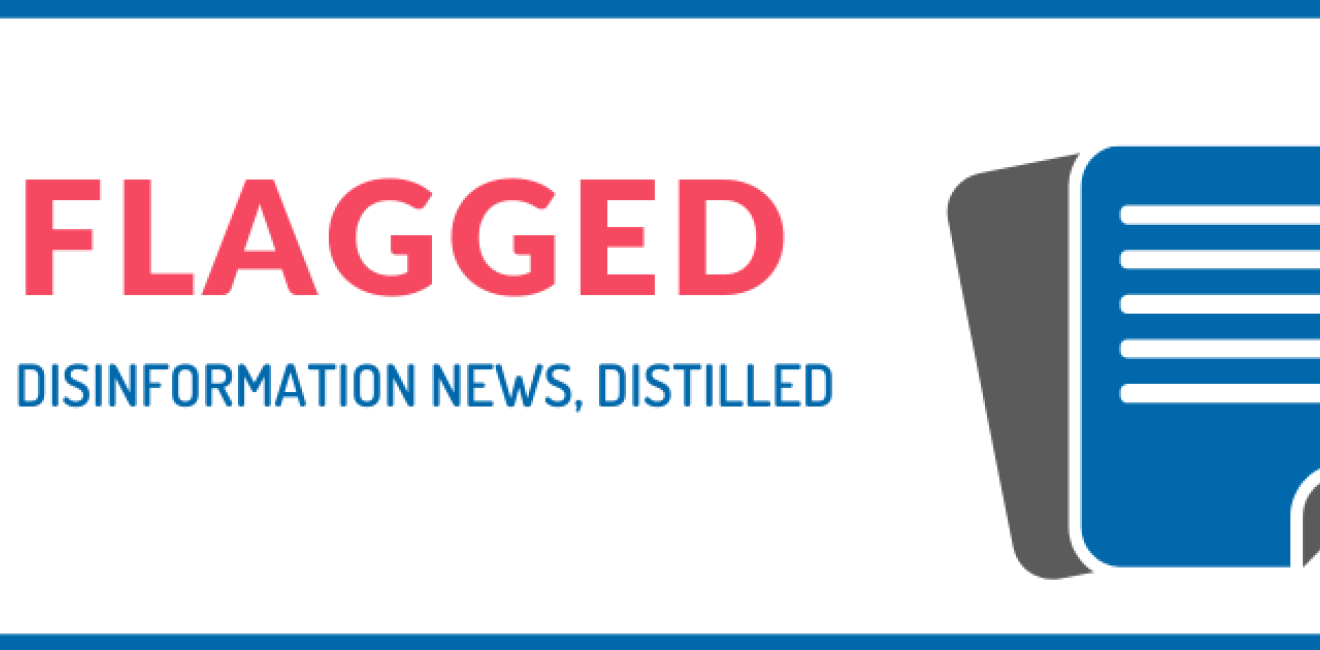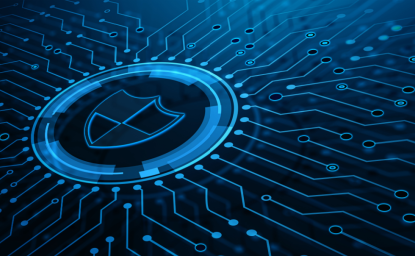Flagged: June 5, 2020
Welcome to a preview of Flagged, a newsletter from the Wilson Center’s Science and Technology Innovation Program. Each week, we flag the most important news about disinformation and how to counter it, landing an accessible analytical brief in your inbox every Wednesday starting June 10.









